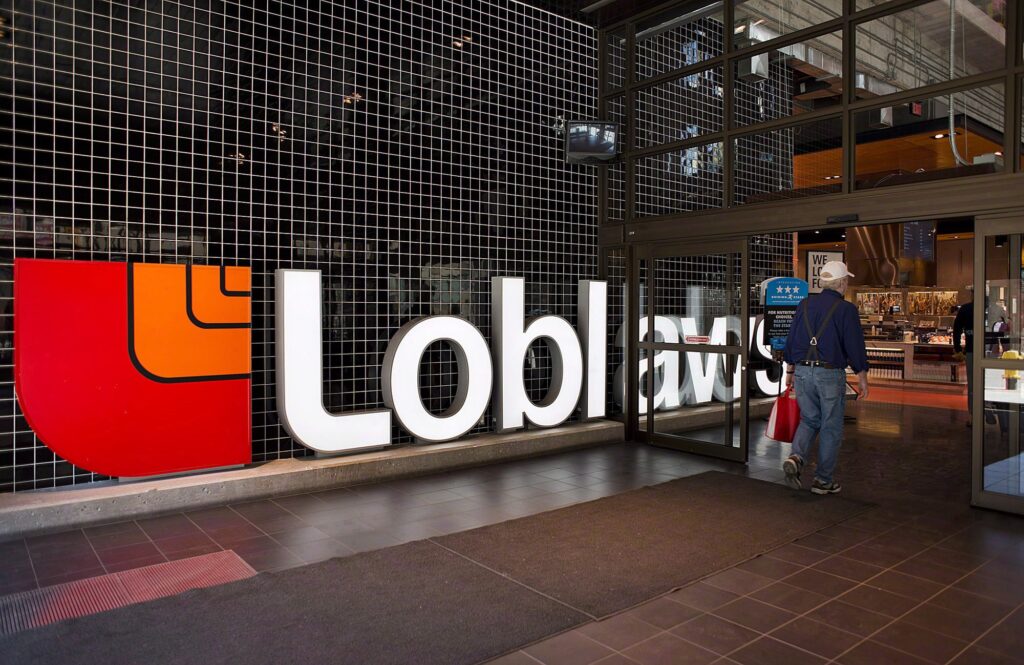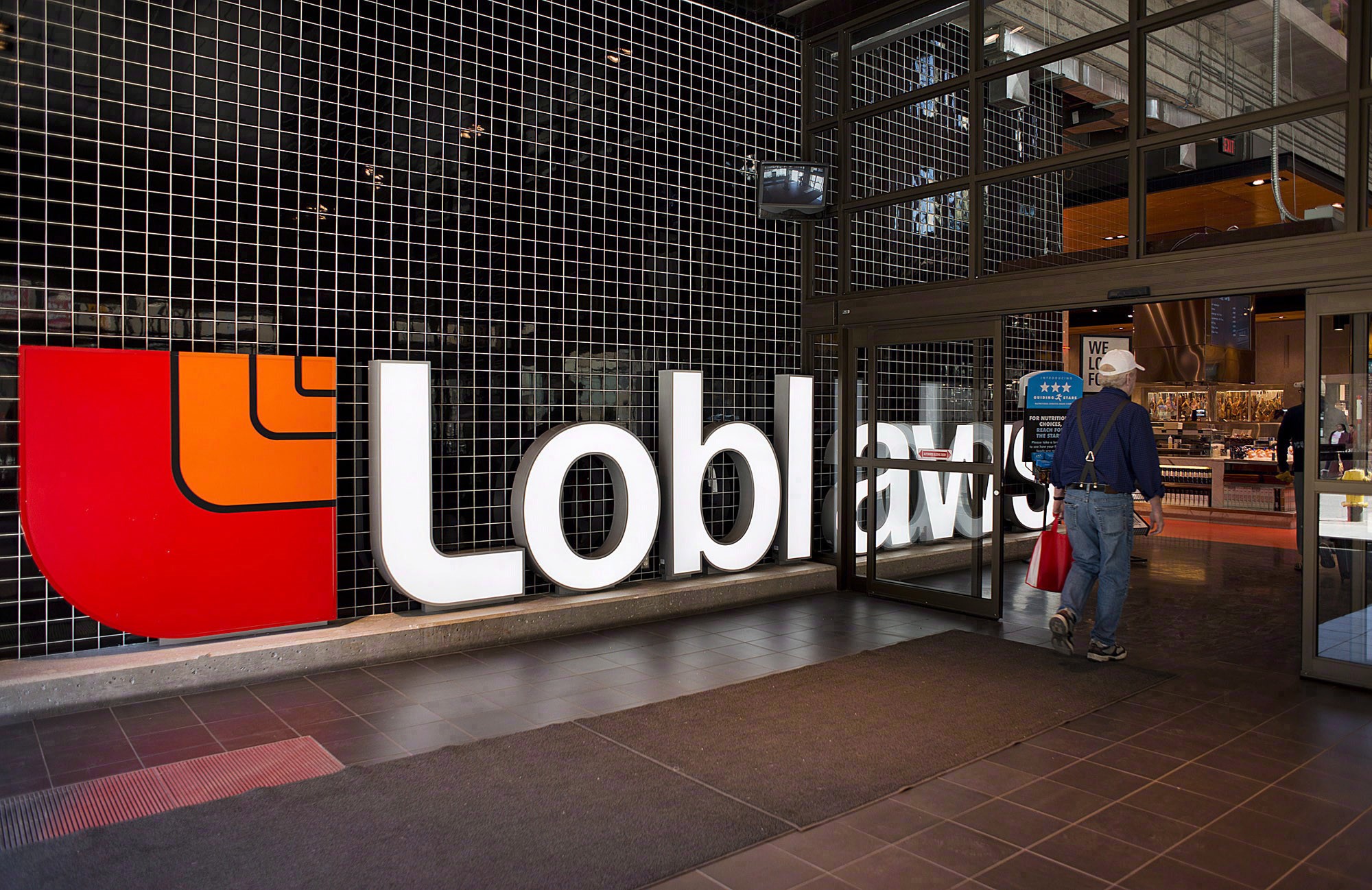Loblaw CEO ‘cautiously optimistic’ about grocery code of conduct


Loblaw Cos. Ltd.’s new chief executive said he’s “cautiously optimistic” that the company will be able to come to an agreement on the grocery code of conduct.
“Where it’s going to land, I’m of course not sure, but I’m more optimistic now than before that we can land an agreement on the code,” Per Bank told a conference call discussing Loblaw’s first-quarter earnings Wednesday.
The grocer has been one of two major holdouts on the code, which is intended to promote fair dealings in the industry. Loblaw and Walmart Canada previously said they couldn’t sign the code as drafted because they were concerned it would raise prices for consumers.
Bank told analysts on the call that the company has been working in recent weeks with the committee creating the code.
The code is meant to be industry-led and voluntary, but the federal government has indicated it’s open to making it law instead if the major players won’t all get on board.
It’s “well past time” that Loblaw recognizes the benefits of the code, said Annie Cullinan, a spokeswoman for agri-food minister Lawrence MacAulay.
“We hope that their ‘cautious optimism’ translates into a prompt commitment to adopt and adhere to” the code, she said in an email.
“After years of work and support from the majority of industry partners, it’s well past time Loblaw recognize the benefits of bringing more fairness, transparency and stability to our grocery sector and supply chain.
Michael Graydon, CEO of the Food, Health & Consumer Products of Canada association and chairman of the interim board for the code, said in an email that he shares Bank’s optimism, and that discussions with the company have been “very productive.”
Bank’s comments came as the parent company of Loblaws and Shoppers Drug Mart raised its quarterly dividend by 15 per cent to 51.3 cents per share and reported its first-quarter profit and revenue rose compared with a year ago.
The retailer said its profit available to common shareholders increased almost 10 per cent year over year to $459 million, or $1.47 per diluted share, for the quarter ended March 23. Revenue totalled $13.58 billion, up from $13.00 billion a year earlier.
Food retail same-stores sales rose 3.4 per cent, while drug retail same-store sales increased 4.0 per cent, with front store same-store sales up 0.7 per cent and pharmacy and health-care services same-store sales up 7.3 per cent.
“Our strong same-store sales combined with a lower internal inflation rate clearly highlights the strength of our discount banners, private label brands and PC Optimum offers,” Loblaw chief financial officer Richard Dufresne said.
On an adjusted basis, Loblaw said it earned $1.72 per diluted share in its latest quarter, up from an adjusted profit of $1.55 per diluted share a year earlier.
Bank said the company’s discount stores continue to drive growth as customers are “voting with their feet.”
“I think the shift to discount will continue over the next many years,” he said, though it will likely do so at a slower pace.
The company plans to continue expanding its discount store footprint this year. Earlier this year it announced a $2-billion capital investment plan that it said would result in more than 40 new discount stores, among other relocations, renovations, and new pharmacy care clinics.
The grocer’s financial results landed on the same day that a month-long boycott of the company is set to start. Though it’s unclear how widespread the boycott will be, more than 60,000 people have joined the Reddit group organizing the boycott of all Loblaw-owned stores as frustration and distrust of Canada’s major grocers intensifies.
In a previous interview about the boycott, Bank acknowledged the company’s reputation is not where it was pre-pandemic, and said it’s something Loblaw is looking to rebuild.
The company reached out to boycott organizers to set up a meeting with Bank, a Loblaw spokesperson confirmed. Boycott organizer Emily Johnson said a meeting has been scheduled.
This quarter the company launched mobile phone plans under their No Name brand.
“Our mobile services business actually grew faster than our credit card business in the quarter,” Bank told analysts, adding that the launch is an example of the company using its “scale and scope” to provide value to customers.
Source: www.foodincanada.com

